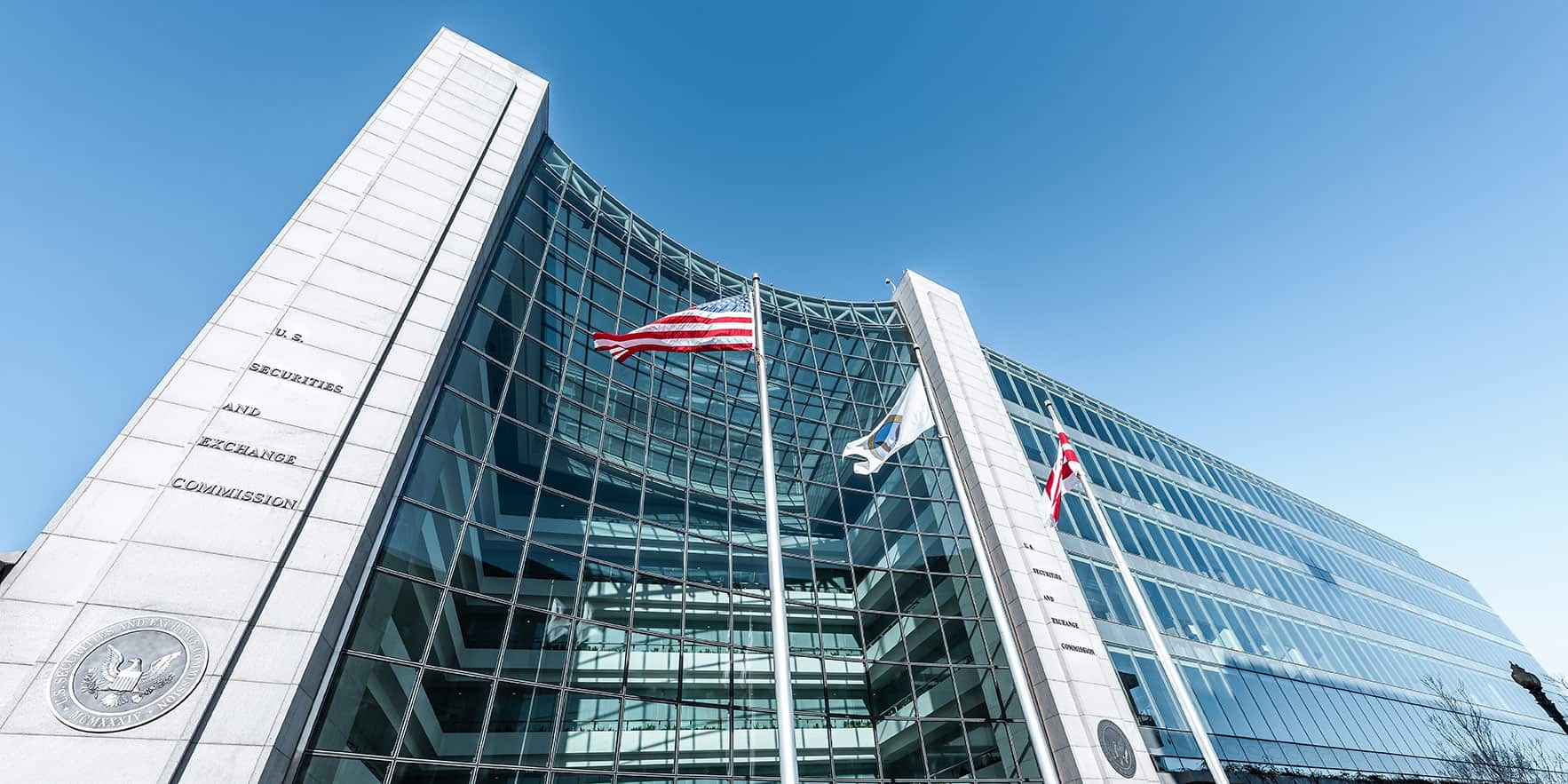
- Key Compliance Strategies For RIAs Post-Acquisition
- Finding The Right RIA Compliance Partner: Ditch The “One-Size-Fits-All” Approach
- AdvisorLaw’s Criminal Expungement Week for Financial Advisors
- 2017 Termination Disclosure Wiped From Texas Advisor & CCO’s Records
- 10 Questions Wirehouse Advisors Should Ask Themselves Right Now
A proposed rule that would strengthen the disclosure requirements and scrutiny of private fund advisors is being fought by investment advisors and RIA firms.
The extended comment period has officially ended, and the U.S. Securities and Exchange Commission has received over 230 letters in response to its 342-page document, “Private Fund Advisers; Documentation of Registered Investment Adviser Compliance Reviews.”
In a 77-page letter, the Securities Industry and Financial Markets Association – Asset Management Group (SIFMA-AMG) claimed that the SEC’s new guidelines went beyond what was allowed under the law.
The plan, according to SIFMA, would hurt investors by raising the cost of accessing private funds, reducing investors’ ability to invest in funds that have produced excellent returns, and limiting the chances for capital formation given rise to by private funds for privately-owned enterprises. By adding to entry requirements for new advisers, the idea would also reduce competition in the fund industry and could even push smaller businesses to merge.
Noteworthy components of the proposal include:
- annual audit requirements for every private fund
- required quarterly reporting on private fund performance, fees, and expenses
- prohibitions and requirements pertaining to preferential treatment
- required written summaries and fairness opinions of material business relationships
- prohibition of activities deemed contrary to investor interest by the SEC
Fiduciary Duty Implications
In addition to those updates, the SEC also highlighted a number of instances in which advisers engaged in conflicts of interest in attempts to limit their fiduciary duties to investors.
The SEC has now proposed to make it mandatory for all RIAs, including those who don’t advise private funds but simply recommend private fund investments for their customers, to keep records of yearly compliance evaluations.
Keeping An RIA Compliant
From pre-launch through ongoing compliance, AdvisorLaw’s proven expertise in exempt fund formation and compliance provides peace of mind for general partners and fund sponsors, as well as private fund advisers.
We’re sure you’re well aware that compliance is not a simple task — it requires painstaking attention to detail and research, as well as knowledge and previous experience with securities and business law. Our team of attorneys and compliance specialists is always willing to assist RIAs and wealth managers with any current compliance issues and answer any questions they may have regarding recent regulatory changes.
While our compliance services are comprehensive, here are a few areas to which RIAs should pay close attention:
- Educate yourself and your staff on all new industry standard definitions.
- Begin to form a plan for tackling some of the biggest challenges: reporting, fee, and expenditure allocation, valuations for performance reporting, and annual compliance reporting.
- Prepare yourself to commit additional resources to compliance, including additional and/or external compliance and auditing support.
- Enhance employee training programs and annual compliance audits.
More than 80% of financial advisors are planning to increase their alternative investment holdings by 2025. Many are seeking greater diversification, while others are looking for higher returns. One thing is clear — private funds are receiving increased industry attention and regulatory scrutiny.
Given the complex and consequential rules governing private fund investments and recommendations and management of private pools, many advisers have expressed concern that their alternative investments business could run afoul of state and federal securities laws. With the changing rules and regulations surrounding these types of investments, we understand how confusing compliance can be.
AdvisorLaw has extensive experience with private fund formation and fund structures, as well as the compliance expertise necessary to advise regarding ongoing adherence to applicable rules, regulations, and laws.
Learn more about how we can help you with private fund formation and ongoing fund compliance by filling out the form below. Our consultations are always complimentary.
